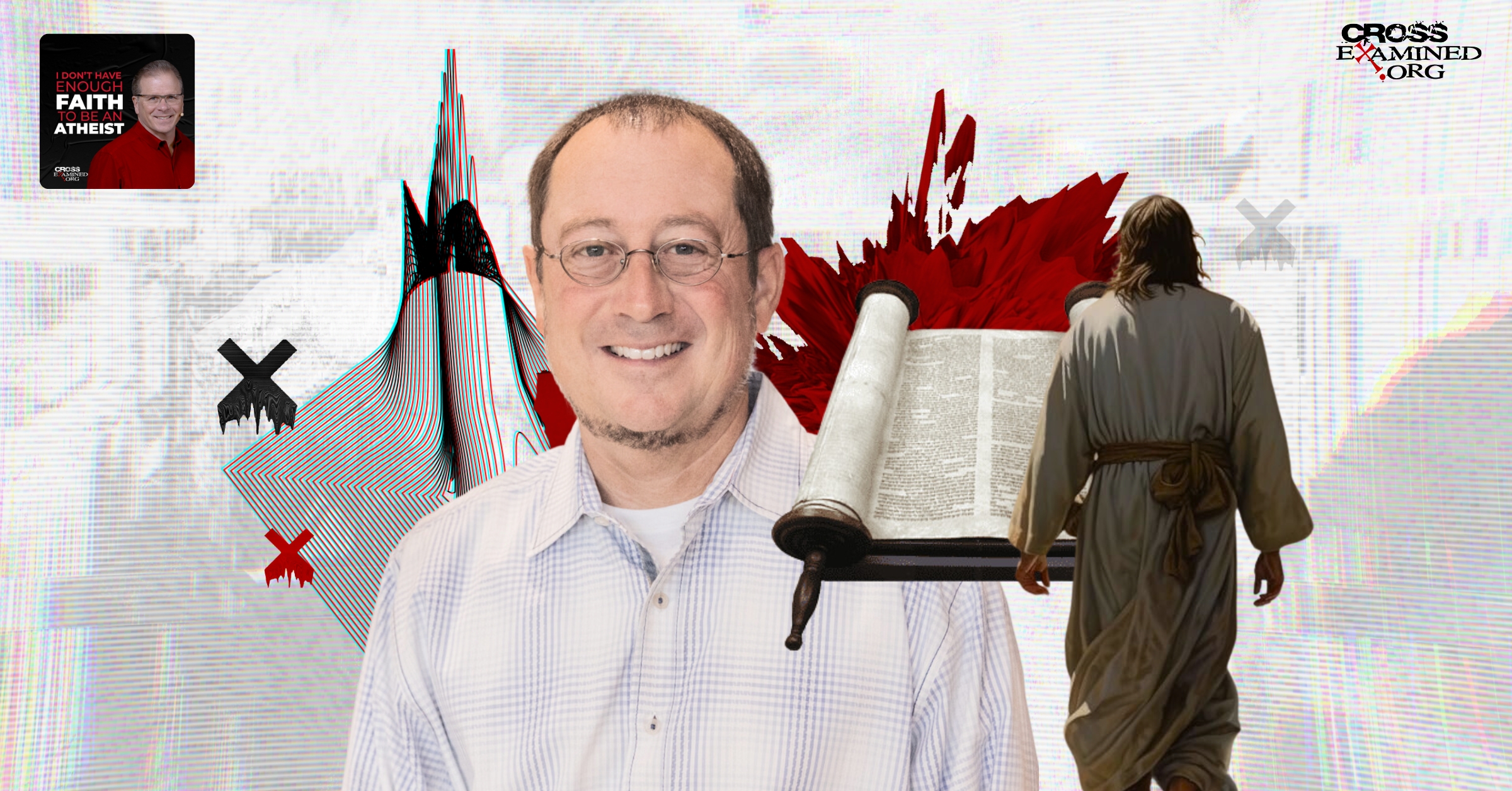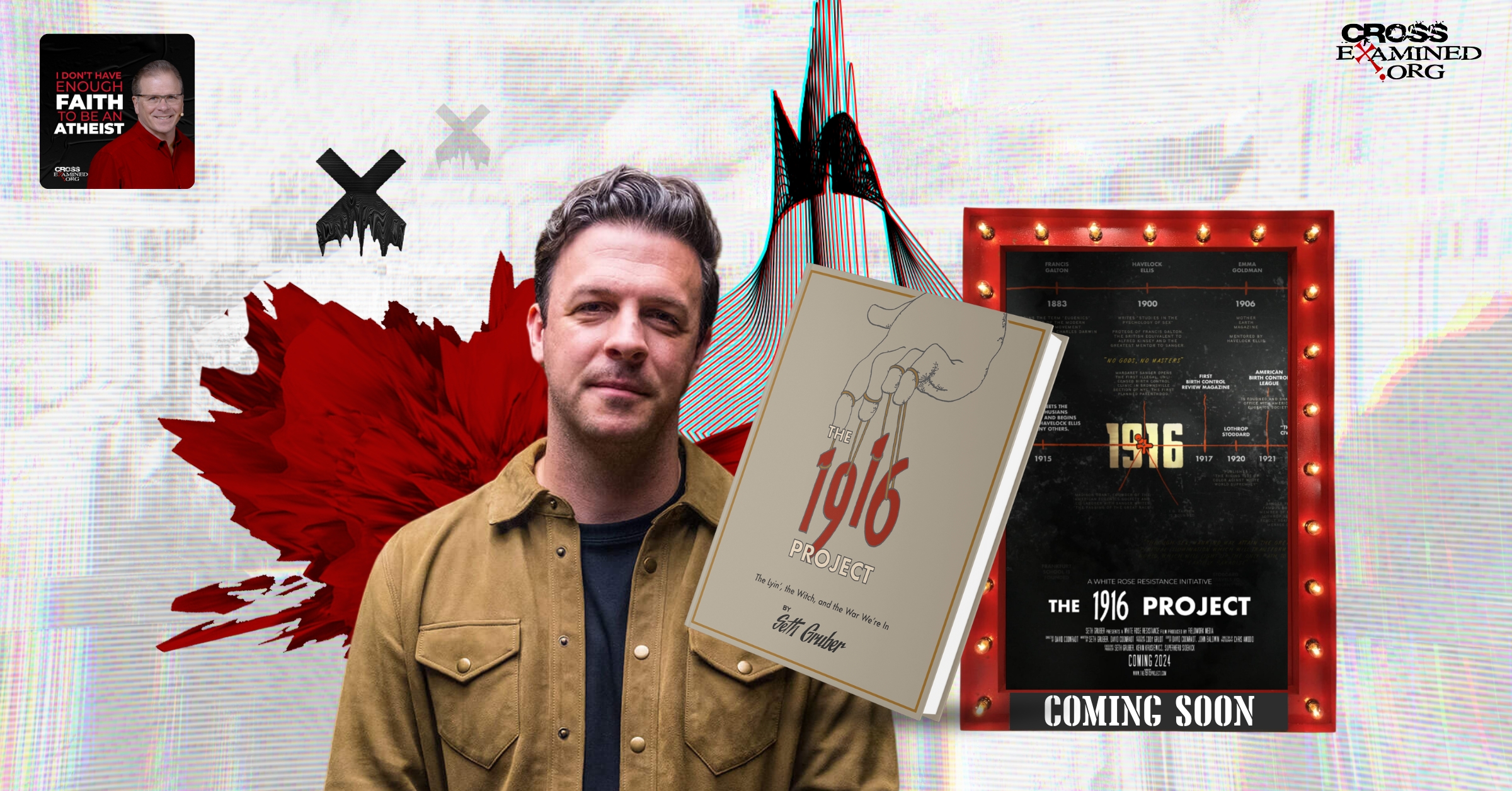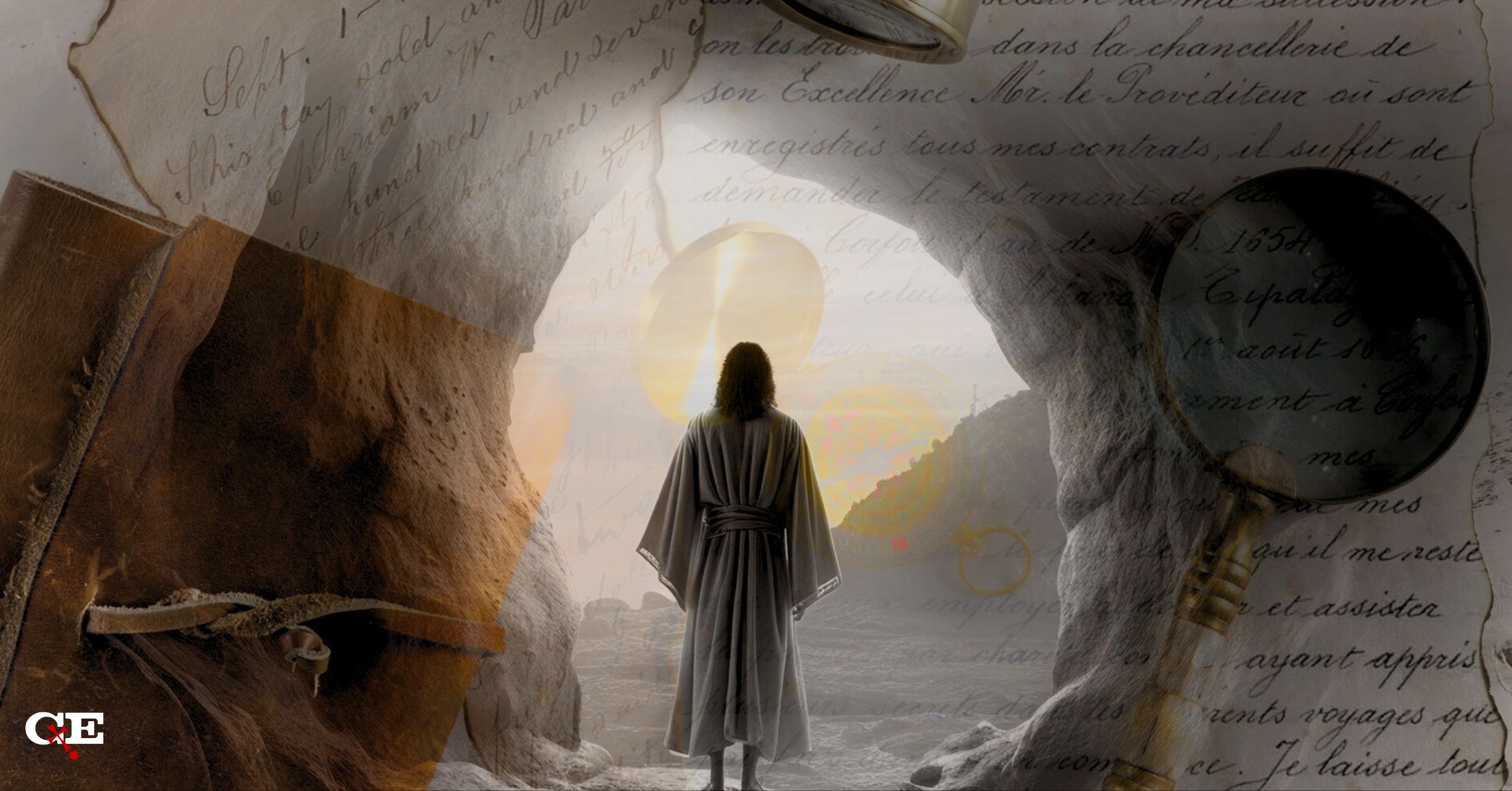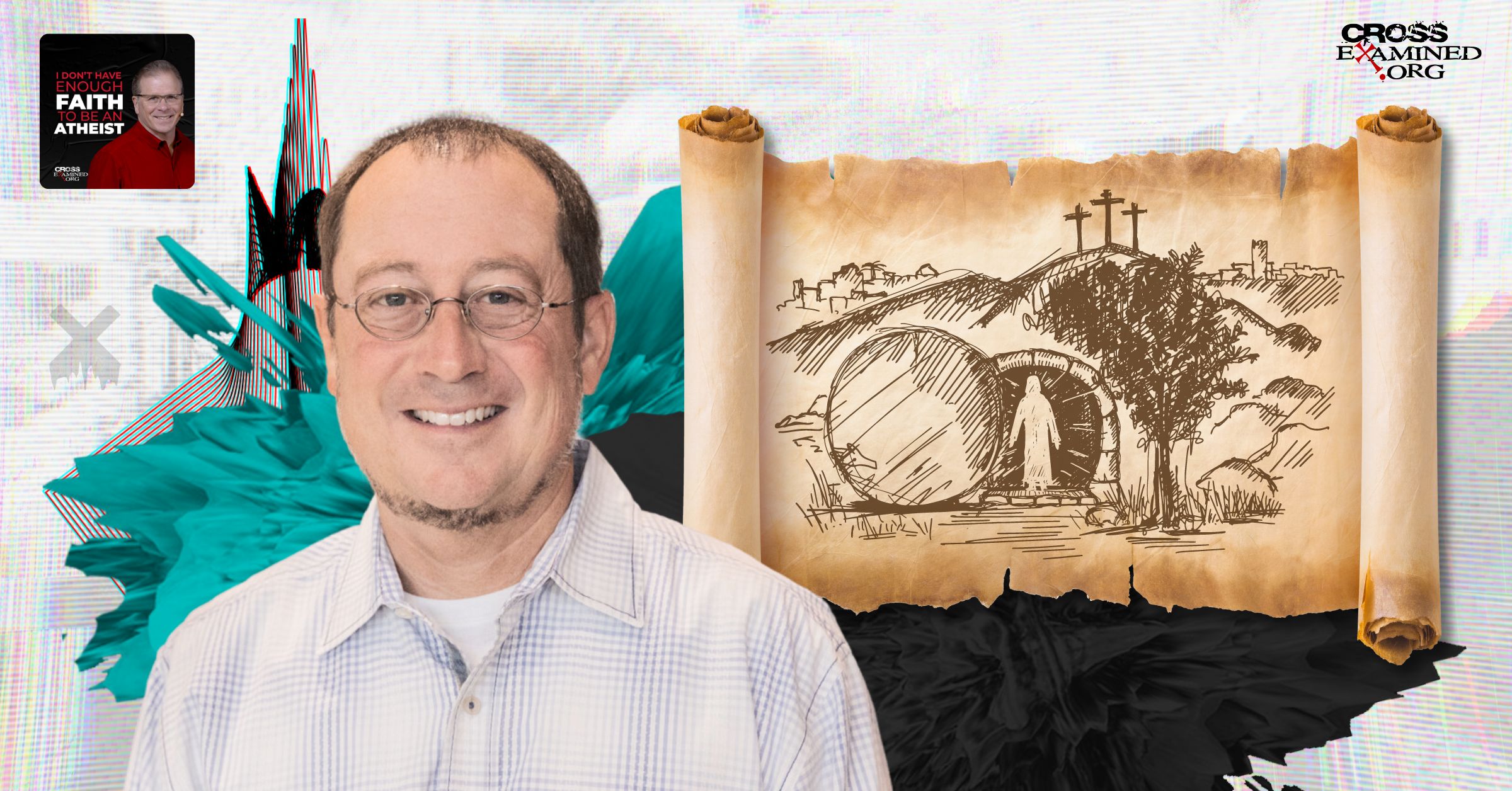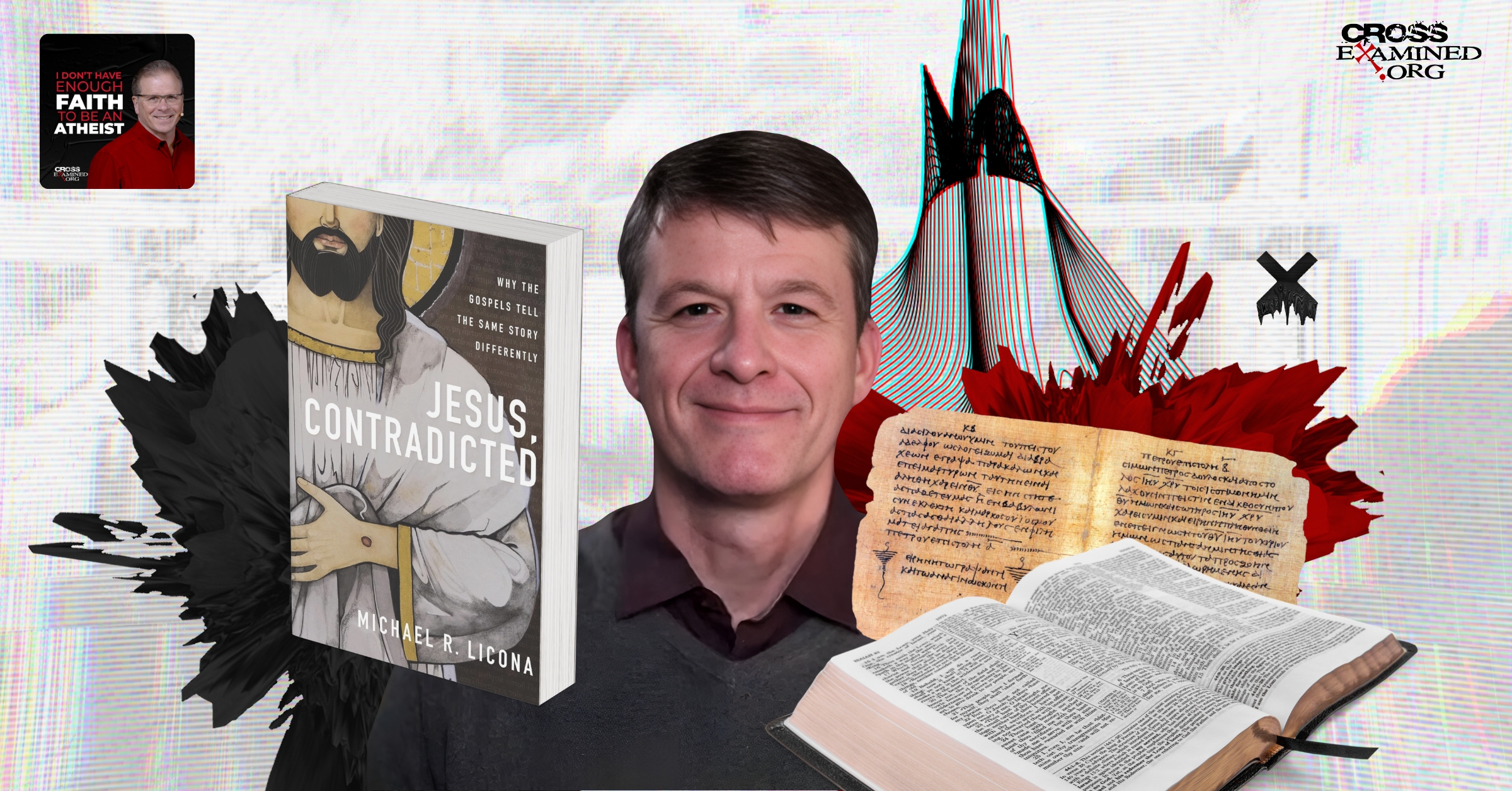Some time has passed since controversial advice resurfaced from popular preacher Alistair Begg on his radio program, “Truth for Life.” The controversy revolves around Pastor Begg shocking a grandmother with the advice to not only attend her grandson’s transgender wedding but also to buy them a gift.
To reinforce the grandmother attending the trans wedding, pastor Begg prefaced it by saying, “Well, here’s the thing: your love for them may catch them off guard, but your absence will simply reinforce the fact that they said, ‘These people are what I always thought: judgmental, critical, unprepared to countenance anything.'”
Days following the backlash Begg and his ministry received, a spokesman for “Truth for Life” published this statement: “Alistair’s advice to the inquirer was that of a grandfather [Mr. Begg] seeking to help a believing grandmother maintain a relationship with her unbelieving [grandchild] and was in no way an endorsement of the unbiblical ceremony.”
Before delving into my thoughts on Alistair Begg’s troubling advice, I want to express my deep appreciation for him. Pastor Begg is undoubtedly one of our era’s most humble and thought-provoking preachers. His profound biblical teachings have significantly nurtured my faith and honed my pastoral skills. My forthcoming comments are solely in response to his controversial remarks. They should not be misconstrued as a critique of his admirable character, his unwavering love for the Bible, or his impactful public ministry.
Against this background, I will present three areas of biblical doctrine that will act as direct confirmation to pastor Begg that his advice is inconsistent with what he believes doctrinally and reveals a compromise that caters to the sexual revolution currently undermining Christian ethics.
Compromise #1: Attending an LGBT wedding overlooks God’s identity of male and female
Before Begg shared his insights, he inquired if the grandmother had made it clear to her grandson that attending a trans wedding does not necessarily mean endorsing LGBT ideology. While this is an important consideration, it still leaves an unresolved issue that Begg overlooks – what exactly is being celebrated at an LGBT wedding?
Answer: A gay couple’s sexuality. A trans person believing they are a different gender than what God gave them at birth.
Let us now compare that with what the Bible says about humanity. From the beginning, God made humans with two biological sexes, male and female. God did not make male and female “according to their own kind” but in the likeness of Himself—making the two fit together in a complementary (suitable) way for each other (Genesis 2:18-20).
Although God made us sexual creatures, our sexuality, however, is not our identity. It is not what defines us. Sexuality merely explains an aspect of our identity. It is not who we are but how we are. Anything that runs contrary to God’s design is dishonorable to Him and is not (in any way) to be excused, ignored, or celebrated.
Just to be clear, Begg wholeheartedly affirms the Bible and never in any of his preaching condones homosexuality or transgenderism. In fact, in 2022, Pastor Begg preached a sermon at Parkside Church from the very contentious Romans 1:26-27 passage, in which he said, “Why would I ever come here and do verses 26 and 27 unless I absolutely believed that the Bible is God’s Word that it is unerring, and it speaks truth, even on a Sunday morning like this in 2022. We’re not at liberty to rewrite the Bible to accommodate godless perspectives on abortion, on euthanasia, on same-sex marriage, on transgenderism, and more. We’re not.”
That is why it is even more troubling to hear Begg advocating for Christians to attend an LGBT wedding.
How is the presence of a Christian attending a wedding an act of love when the couple at the altar is a public display of the sexualized revolution that vehemently opposes God’s creational order?
How does this demonstrate the Christian’s respect for God, others, and their personal beliefs?
Christians are duty-bound to uphold God’s standards for what it means to be a man and what it means to be a woman.
Compromise #2: Attending an LGBT wedding undermines God’s definition of marriage between a man and a woman
According to the Word of God, marriage is a sacred union intended to be shared between a man and a woman. It reflects the desire for intimacy that God instilled in men and women. Faithfully being married and sharing in sexual intimacy is considered one of the most rewarding relationships created by God.
For this reason, Begg’s comments are more than a “agree-to-disagree” matter between Christians. Striving to be a practitioner, Begg exaggerated the perception that not attending is a sign of rejection rather than acknowledging the mandate to “take no part in the unfruitful works of darkness” (Ephesians 5:8).
Attending an LGBT wedding or any other ceremony that goes against biblical teachings raises the question of whether we should ignore Jesus’s teachings for the sake of our witness. According to Jesus (see Matthew 19:4-9), divorcing and remarrying without biblical grounds is considered adultery. So, do we apply Begg’s same reasoning to attending such a wedding?
Again, this flawed reasoning contradicts what we read in Scripture. The answer lies in understanding the Bible’s teachings about marriage and human sexuality. Hebrews 13:4 states, “Let marriage be held in honor among all, and let the marriage bed be undefiled, for God will judge the sexually immoral and adulterous.” Here, the writer of Hebrews maintains the sacredness of sexual intimacy within the marriage bond while, at the same time, warning of God’s judgment on those who commit sexual immorality and adultery.
While it is essential to love and show respect to all individuals, any “marriage” that goes against God’s standards is not something Christians should support. Otherwise, they may be perceived to support a union that deviates from God’s divine design and, therefore, be judged for passively allowing people to celebrate their sin.
Compromise #3: Attending an LGBT wedding actually weakens a Christian’s witness
In his final comments about attending an LGBT wedding, Begg concluded, “We’re going to have to take that risk a lot more if we want to build bridges into the hearts and lives of those who don’t understand Jesus and don’t understand that he is a King.”
What exactly does Begg mean when he says Christians are ‘going to have to take that risk a lot more’?
Is Begg suggesting that Christians should attend a “gay” wedding for the gospel’s sake? Yes, I think that is the real motivation behind Begg’s advice. The potential harm this could cause a Christian is far more significant, however, than he implies.
It is false to say that attending an LGBT wedding is a sign of true love and “building bridges.” If anything, the Christian who attends an LGBT wedding is risking their witness before God and man. Not the reverse. This does not mean that Christians should act in judgment or condemnation towards those with different beliefs or lifestyles. It is important, however, to consider how our actions may be perceived by others while remaining true to our convictions.
Let us not sugarcoat it. Your presence as a Christian speaks volumes at an LGBT wedding, but not because the gay-affirming wedding party is blown away by your showing up. Instead, your presence signifies that they have persuaded another Christian to (in some small way) embrace inclusivity despite any pressures or convictions.
Do you remain silent when the Wedding Officiant asks if anyone objects to this marriage? If you do, are you indicating your approval to the couple and everyone in attendance? When the couple kiss and are announced married, do you smile and cheer? When everyone raises a glass to the couple, do you raise yours in solidarity?
In his thoughtful article, “Should Christians Attend Gay Weddings? Does It Matter Whether They’re Religious or Secular?” Randy Alcorn clears things up by writing,
“When you attend a gay person’s birthday party, you’re joining in celebrating their birthday, right? That’s great. When you invite your gay or lesbian friend over for dinner, you’re celebrating friendship and life—no problem. When you toast to good health, great. But when you raise your glass and toast to a wedding that you are convinced dishonors God, or is not a true wedding at all, isn’t that radically different?”
Attending an LGBT wedding can be seen as giving a blessing to the gay or trans couple. This is not a risk any Christian should be willing to take in order to stand as a witness for Christ.
As a follower of Jesus Christ, your ultimate goal is to obey His commandments and fulfill His purpose for your life. The primary commandment is to love the Lord with all your heart, soul, mind, and strength (Matthew 22:36-40). As a devout Christian, your priority is not primarily focused on making and maintaining friendships. Instead, you are called to dedicate yourself to serving God rather than pleasing others. In his letter to the Galatians, Paul questions whether he seeks approval from man or God. He emphasizes that seeking favor from man alone would make him inadequate as a “servant of Christ” (Galatians 1:10).
A loving relationship should not be limited to whether you attend a gay wedding. You can show love for your gay or trans friend or family member by respectfully declining to attend their wedding. Let them know how much you love and care for them but that your relationship with Jesus comes first, and you hope they can respect that about you. You can still love your gay or trans friend or family member in other ways. You can support and show love for your LGBT community by communicating openly, being friendly, and valuing their worth as individuals created in God’s image.
Pastor Begg and I may not see eye-to-eye when it comes to attending an LGBT wedding, but despite our disagreement, I pray for him and his ministry. I hope that one day, he will change his heart on this issue. Until then, I will remain hopeful and seek to preserve the unity in the body of Christ.
Recommended Resources On This Topic
Correct, Not Politically Correct: About Same-Sex Marriage and Transgenderism 2023 Edition by Dr. Frank Turek Book
You Can’t NOT Legislate Morality mp3 by Frank Turek
Does Love and Tolerance Equal Affirmation? (DVD) (Mp4) by Dr. Frank Turek
4 P’s & 4 Q’s: Quick Case FOR Natural Marriage & AGAINST Same-Sex Marriage (DVD) by Dr. Frank Turek
Jason Jimenez is President of STAND STRONG Ministries and author of Challenging Conversations: A Practical Guide to Discuss Controversial Topics in the church. For more info, check out www.standstrongministries.org.
Originally Posted at: https://bit.ly/3Xgh8pB

